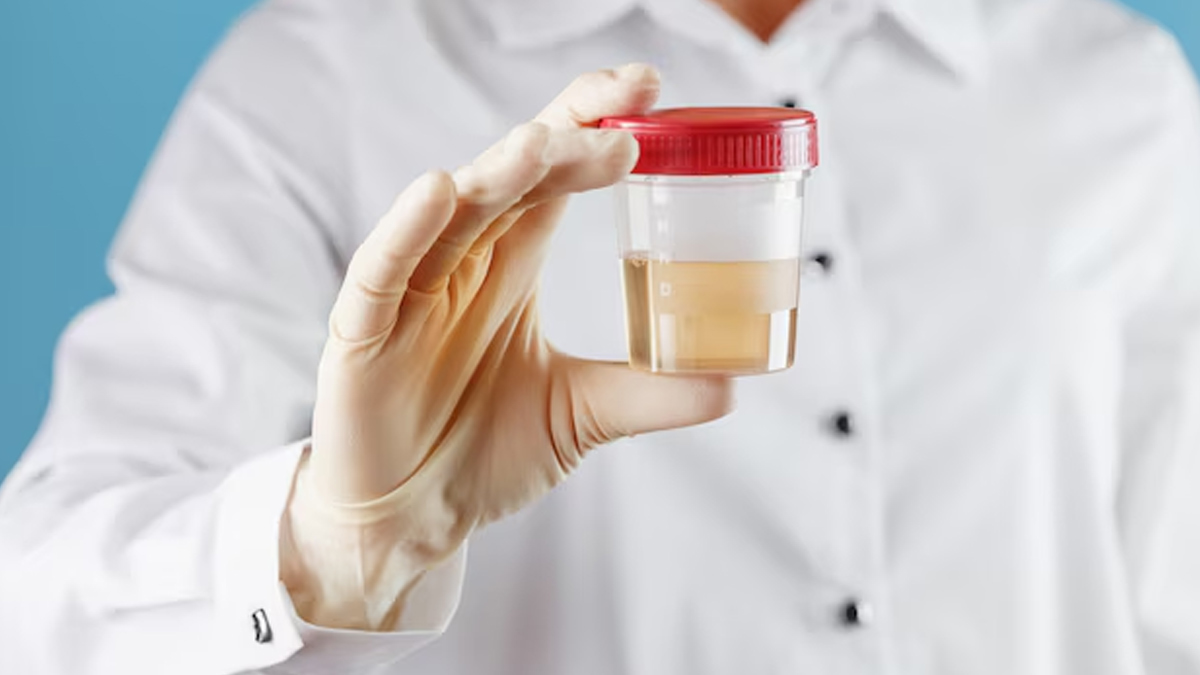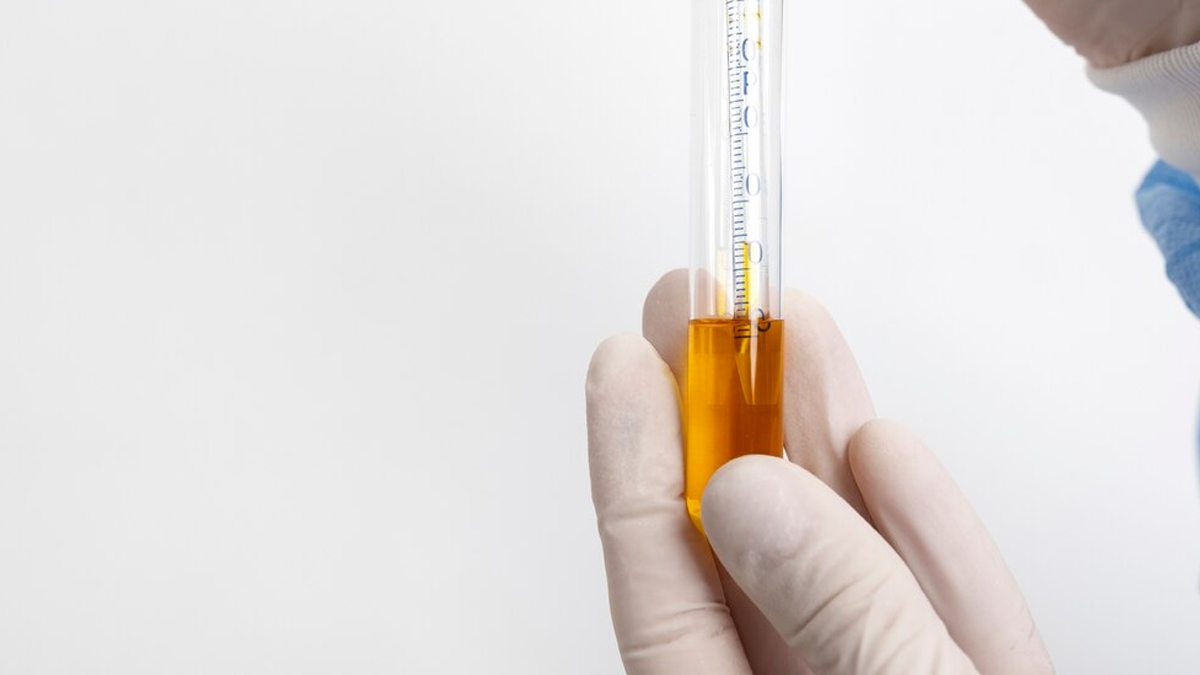
Menstruation is a natural process, with cycles typically ranging from 21 to 35 days. Each cycle, the body prepares for a possible pregnancy, and if fertilisation doesn’t occur, the uterine lining is shed, resulting in a menstrual period. While menstruation is generally unavoidable unless an underlying condition prevents it, it can influence certain health-related choices. For example, if you’re scheduled for a urine test while on your period, you might need to postpone it. But how exactly does menstruation affect test results?
Table of Content:-
Also Read: Arjun Kanungo Turns Vegan to Heal Acute Kidney Injury: Can Plant-Based Diet Boost Kidney Health?
When Do You Need To Take A Urine Test?

A urine test can be advised for various reasons. A doctor may recommend it as part of routine checkups for monitoring existing medical conditions like diabetes or kidney disease, or to diagnose new symptoms such as frequent or painful urination, blood in urine, or abdominal pain, and screening for disorders like liver or kidney diseases. It can also be used to detect pregnancy.
Additionally, urine tests can be used to check for recreational drug use. It is crucial to discuss any noticeable changes in your urine's colour, odour, or consistency with your doctor.
Typically, early morning urine samples are preferred because they are more concentrated, providing clearer results, unless otherwise directed by your healthcare provider.
Can Menstruation Impact Urine Test Results?

According to Dr Akash Shah, Consultant Pathologist, Neuberg Diagnostics, menstruation can impact the results of a urine test.
"Menstrual blood and tissue may contaminate the urine sample, leading to inaccurate test results, especially in tests that check for blood, protein, or cells," he tells the OnlyMyHealth team, adding that specific tests, such as those for urinary tract infections (UTIs), kidney function, or pregnancy, can be affected by menstrual blood contamination.
He explains that the presence of blood, epithelial cells, or other elements from menstruation may result in false positives or inconclusive results.
Also Read: Expert Explains Why You Shouldn't Hold Your Pee For Long
Things To Keep In Mind When You Take A Urine Test On Period

If you must take a urine test while menstruating, inform the healthcare provider beforehand, says Dr Shah.
He shares that a menstruating person can also use a tampon or menstrual cup to reduce the chance of contamination. Additionally, he advises performing a thorough cleanse of the genital area before providing the sample.
Additionally, follow necessary hygiene practices, which include:
Wash your hands thoroughly before the test.
Clean the genital area with a provided wipe or as instructed by the healthcare provider.
Use a tampon or menstrual cup to help minimise contamination from menstrual blood.
If the test isn't urgent and can wait, it may be best to reschedule until after your period to avoid potential inaccuracies, shares Dr Shah. This is particularly true for tests where the presence of blood could impact the interpretation, such as those for UTIs or kidney function, the doctor concludes.
Conclusion
Urine tests can be recommended for various reasons, including a routine medical health examination. It can be done at any time, although early morning urine samples are said to give the most accurate results. However, for people who are on their periods, delaying the test is advisable as menstrual blood could contaminate the urine sample, leading to inaccuracies and false positives. It is best to consult your healthcare professional for proper guidance and to see if it is okay to get your urine tested while you're menstruating.
Also watch this video
How we keep this article up to date:
We work with experts and keep a close eye on the latest in health and wellness. Whenever there is a new research or helpful information, we update our articles with accurate and useful advice.
Current Version